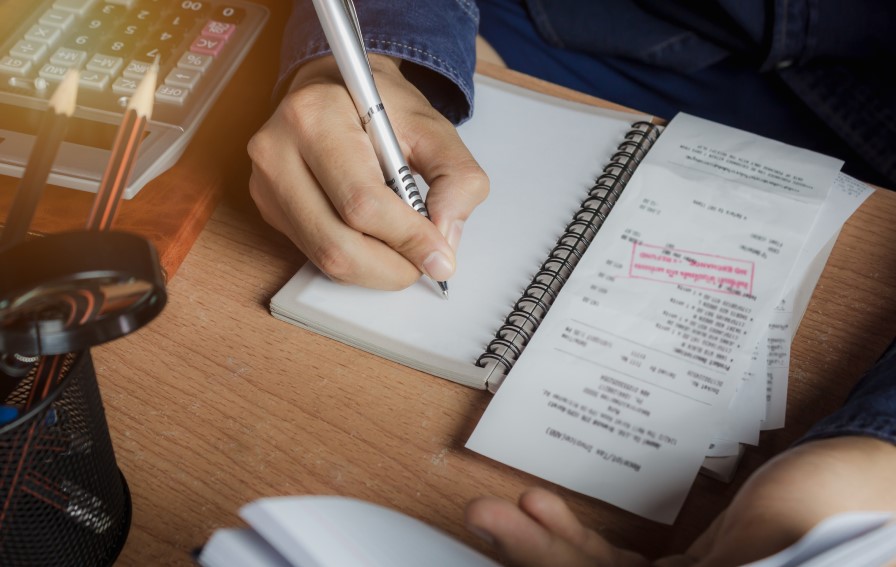You are legally required to keep records of all transactions relating to your tax and superannuation affairs. Failing to keep correct records can have financial consequences.
You are legally required to keep records of all transactions relating to your tax and superannuation affairs as you start, run, sell, change or close your business, specifically: any documents related to your business’s income and expenses; any documents containing details of any election, choice, estimate, determination or calculation you make for your business’s tax and super affairs.
You should make sure that you understand what records are needed for your business and make accurate and complete record-keeping practices a part of your daily business activities. Talk to your tax adviser about what records your business needs to keep and for how long.
What is a record?
A record explains the tax and super-related transactions conducted by your business. The record needs to contain enough information for the ATO to determine the essential features or purpose of the transactions.
The minimum information that needs to be on the record is generally: the date, amount, and character (for example, sale, purchase, wages, rental) and the relevant GST information for the transaction; the purpose of the transaction; and any relevant relationships between the parties to the transaction.
Five rules for record keeping
The ATO has 5 record-keeping rules, which are based on law and the ATO’s views.
- You need to keep all records related to starting, running, changing, and selling or closing your business that are relevant to your tax and super affairs – make sure you have clear documents to show the business portion when there are elements of personal use.
- The relevant information in your records must not be changed (for example, by using electronic sales suppression tools) and must be stored in a way that protects the information from being changed or the record from being damaged.
- You need to keep most records for 5 years – generally, the 5-year retention period for each record starts from when you prepared or obtained the record or completed the transactions, whichever is later.
- You need to be able to show the ATO your records if they ask for them. The ATO will also need to be able to check that your record-keeping system meets the record-keeping requirements.
- Your records must be in English or able to be easily converted to English.

Want to stay on top of your finance & business obligations? Stay in the loop by having a read of our Articles.
Keeping correct records is very important. Failing to do so could have financial consequences. If you need help with record keeping? We can help.
Don’t leave till it’s too late. Simply reach out, and we’d be more than happy to assist.
Email reception@garnetaccounting.com.au or click to book an appointment below.

